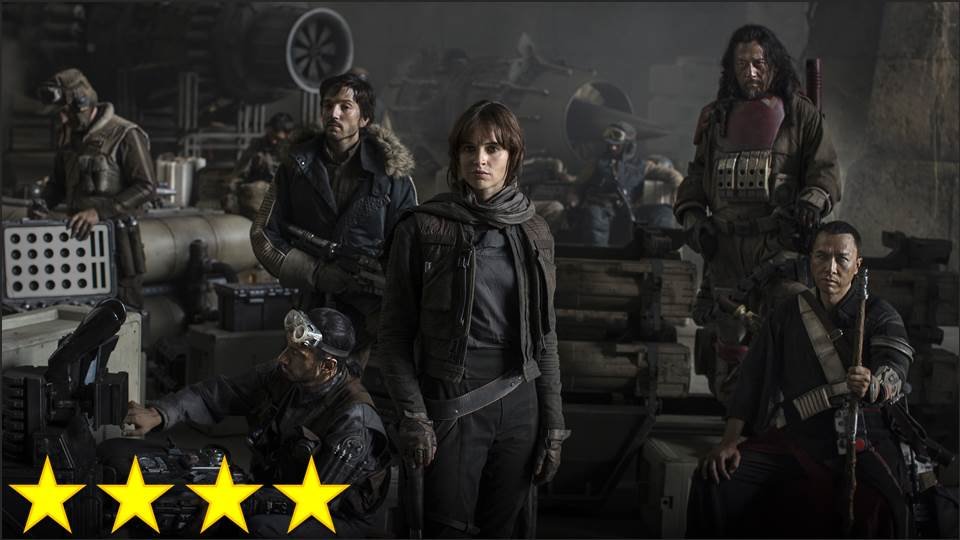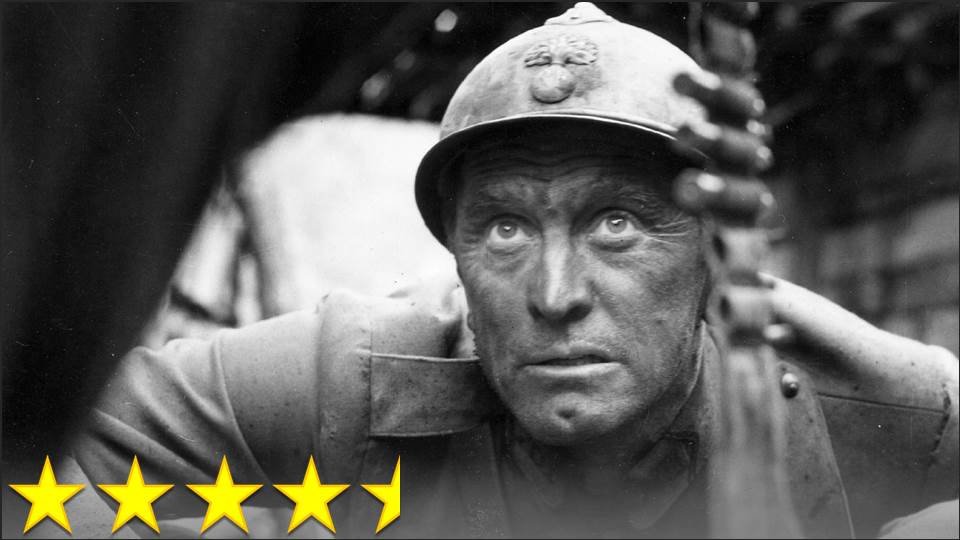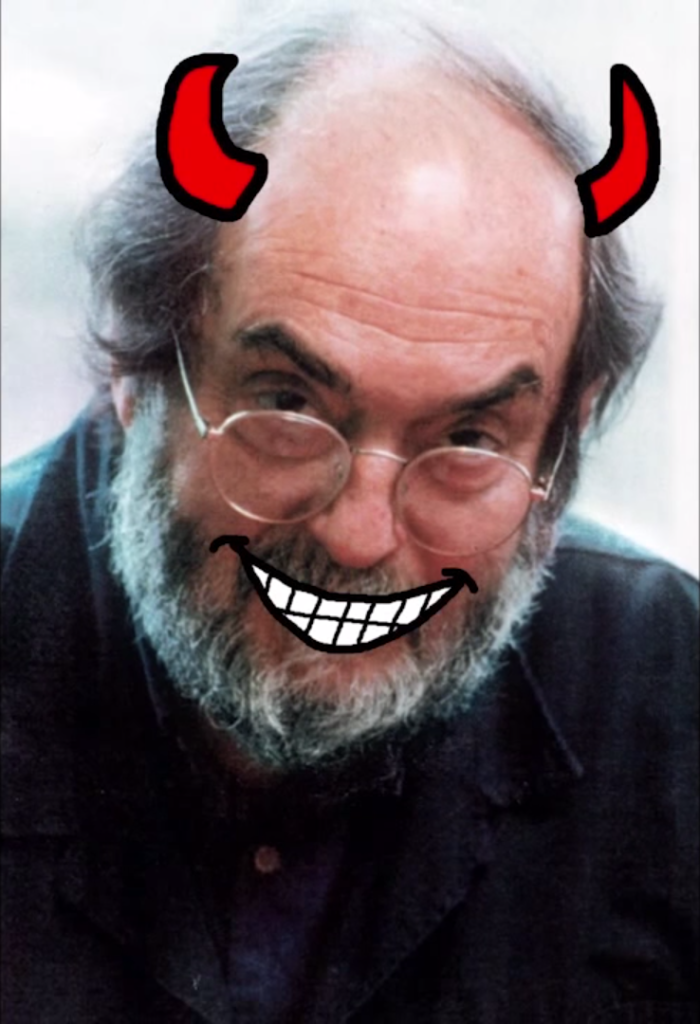MINOR SPOILER WARNING
By the end of 2016, it seemed as though everyone on the Internet was in the mood to rant about how every movie Hollywood makes is a sequel, prequel, remake, reboot, or in-universe story. This, of course, is not true – just watch the previews before one of the big hit dramas out in theaters today or check the homepage of Rotten Tomatoes. Still, there is definitely a movement in cinema right now towards returning to the many stories it has told and trying to find something new here, to varying degrees of success. Instead of relying just on the genre system that guided Classical Hollywood, which was essentially a means for the studios to make money by telling the same story over and over again, the ’80s have given us a blockbuster and franchise system, which is now moving further from focusing on original stories and towards revisiting familiar stories. Perhaps the various modern twists on fairy tales are responsible for this obsession with re-visitation, and maybe Wicked is to blame for that trend, but regardless of the cause, I don’t think this is necessarily a bad thing. This just means that audiences have to learn to approach stories differently, particularly when dealing with in-universe stories that aren’t focused on the main characters from the original franchise. This didn’t seem to be a problem for most people who saw Fantastic Beasts, but surprisingly, it has made Rogue One: A Star Wars Story a very divisive film.
I think it’s safe to say that there are very few other films in history that have been designed specifically to both contextualize and by contextualized by another film on the level that Rogue One is. This is very new for cinema, but it isn’t for Star Wars – they’ve had TV shows in this universe that were inspired by a single (almost insignificant) line of dialogue from New Hope, so this shouldn’t seem that strange to people. Yet, somehow, the lack of an opening crawl is too much for some people to handle. For me, it doesn’t matter whether or not it feels like a Star Wars movie, or even a Star Wars story, so long as I believe that it’s in the same universe as Star Wars and its story makes me look at the main films with greater understanding and appreciation of their context. This is all true for me, so any reservations I might have have been appeased, allowing me to focus just on enjoying the story.
So is it a good story? Well, at the very least it feels like an original story. This is one quality that other films in the franchise have not had, much to their detriment. The villains and side-characters are all great, but the two leads are fairly uninteresting. I will say that I understood the protagonist’s perspective throughout, rooted for her, and could tell that she was not one to be trifled with – she was fierce. Each of the characters serves his/her purpose, the drama is intense, the humor is hilarious, the action is more awesome and impactful that most of the action scenes I’ve ever seen, and the story plays with elements of the Star Wars universe well. (Also, Vader is amazing, his first appearance sending chills down my spine, and his second blowing me away.)
With all this in mind, I have a difficult time understanding why so many people I know have been so disappointed. This movie has the perfect balance of serious war themes and fun excitement. Just imagine if a good fan project was given a huge load of money and told to go crazy. That’s the feeling of this movie. Because of how much it seems like a fanatic’s passion project, it really feels like a victory for the fans. This is enough to make it satisfactory, but with the added bonuses of clever references to other characters and an amazing ending, it’s very pleasing. Sure some of the CGI is terrible, but I still see this as a film that is paving the way to great things in cinema’s future, and for that I greatly appreciate it.



